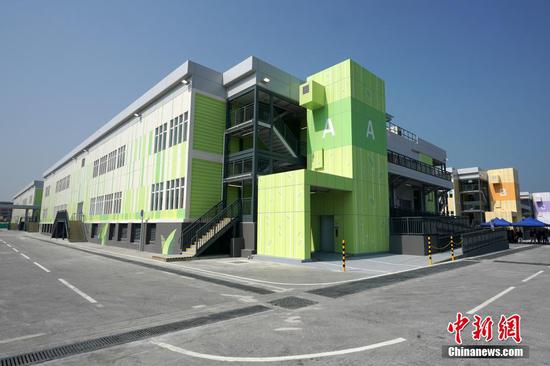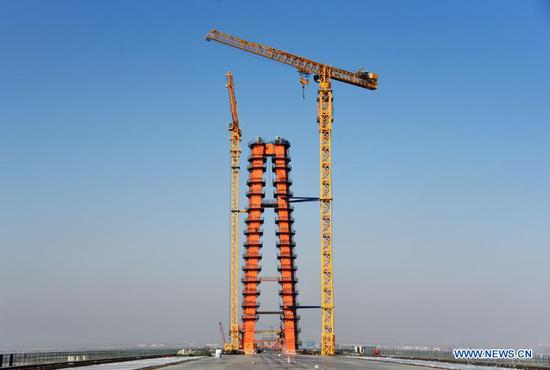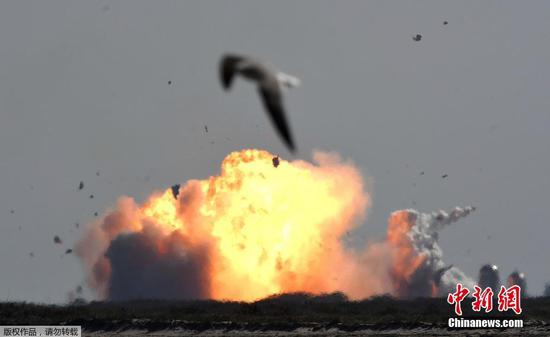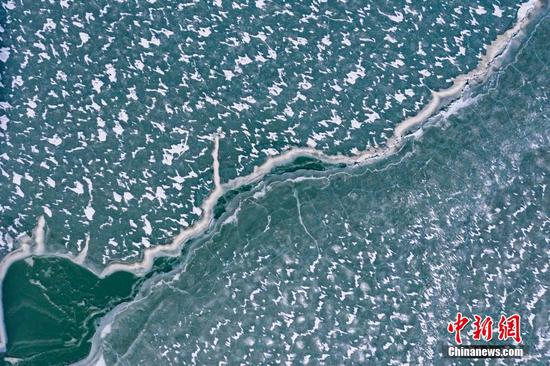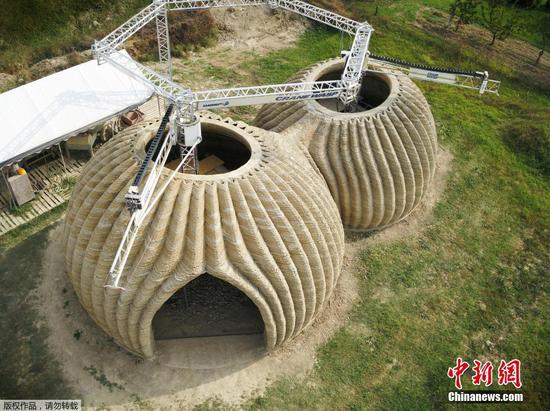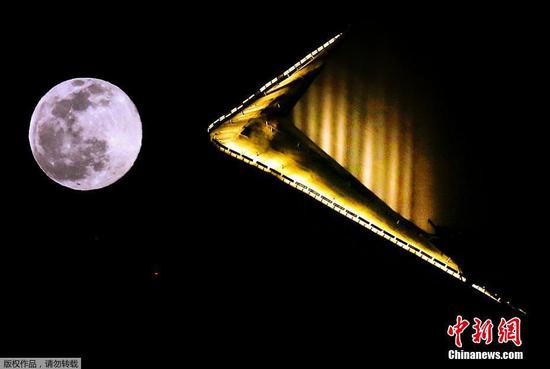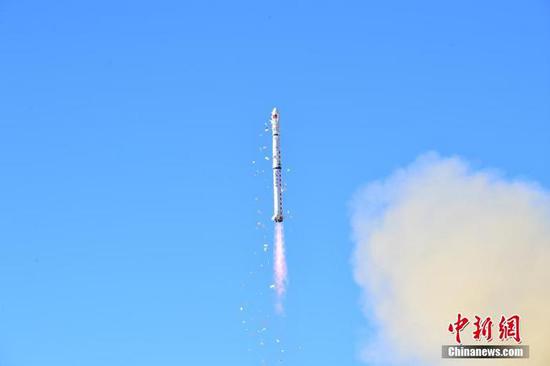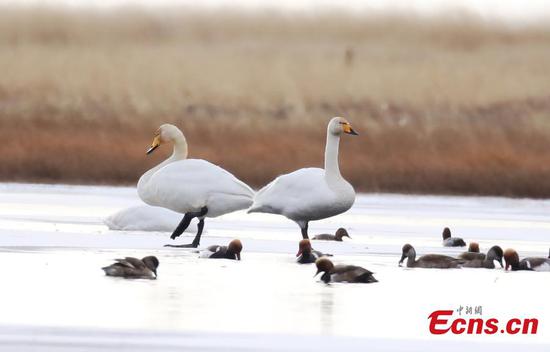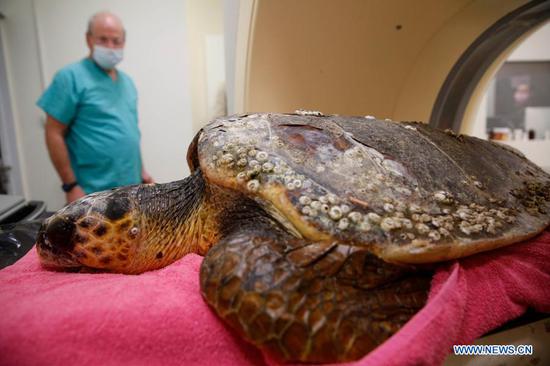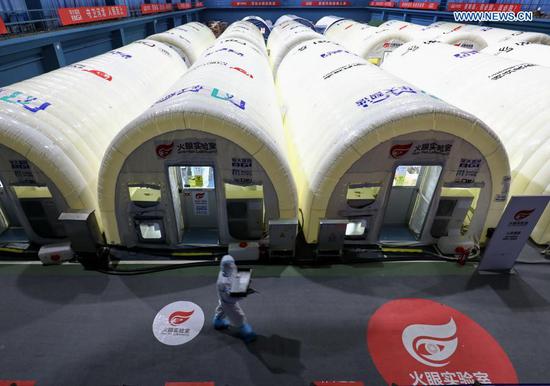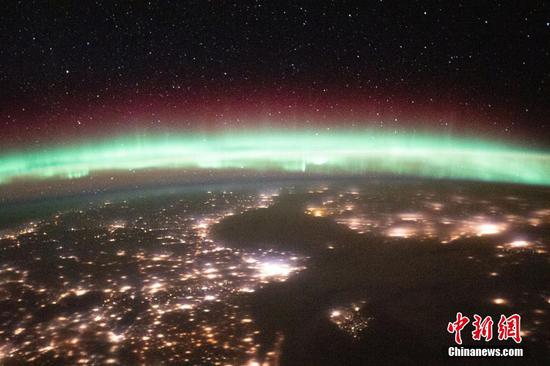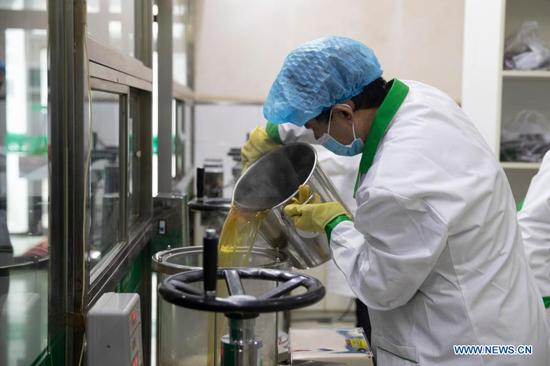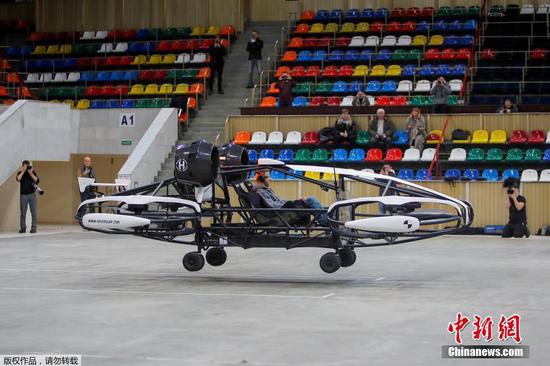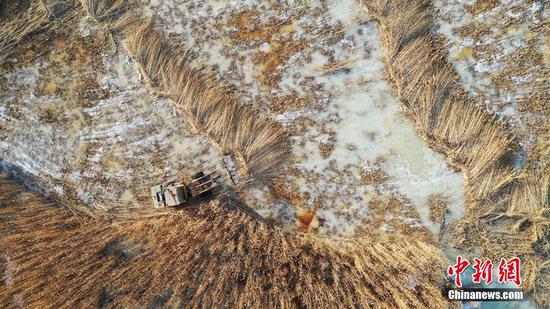Brazil is finalizing the details to launch the first Earth observation satellite designed, integrated, tested and operated by the country, said the National Institute of Space Research (INPE) on Wednesday.
The institute, which is responsible for the project, said in a statement that the satellite, named Amazonia 1, will be launched on Feb. 28 from the launch base in Sriharikota, India, and will be the third Brazilian remote sensing satellite in operation.
The previous two, CBERS-4 and CBERS-4A, were developed by Brazil in partnership with China.
Amazonia 1 is a sun-synchronous orbit satellite that will generate images of the Earth every five days, and is capable of observing a range of about 850 km with a resolution of 64 meters.
With an expected lifespan of four years, the satellite is part of the Amazon Mission created to provide remote sensing data to observe and monitor deforestation in the world's largest rainforest. The mission will also monitor agriculture throughout Brazil in synergy with existing environmental programs.
"The Amazon Mission will consolidate Brazil's expertise in the comprehensive development of a space mission using three-axis stabilized satellites, since previous remote sensing satellites were developed in cooperation with other countries," INPE said in the statement.
The satellite's assembly, integration and testing activities were carried out at INPE's integration and testing laboratory in Sao Paulo state.










